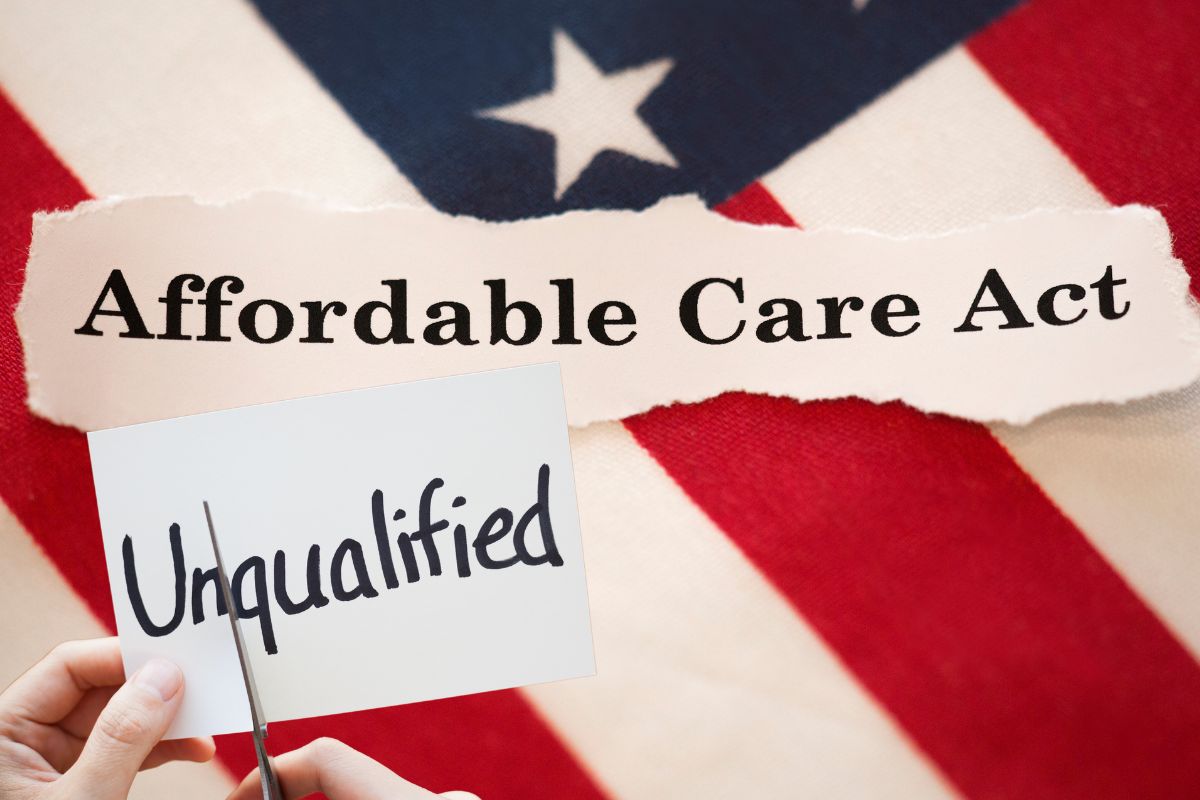Consumers previously charged for sham medical plans will receive refunds.
The Federal Trade Commission has announced that consumers that were charged for Benefytt Technologies-marketed scam health insurance plans will receive a refund as part of a total $100 million.
This is the outcome of an FTC complain from August 2022
Benefytt and its third-party partners allegedly ran a number of deceptive websites aimed at consumers who were shopping for comprehensive health insurance plans that were Affordable Care Act qualified. Agents were allegedly selling the Benefytt plans even though they were lacking in core elements and were not ACA qualified.

Consumers who purchased the plans believed that they were enrolling in comprehensive coverage. For it, they paid hundreds of dollars in monthly premiums for Benefytt products and services, which frequently left them uncovered in case of illness or injury.
Benefytt agreed to a $100 million health insurance refund settlement
The company agreed to pay the amount in refunds as part of a settlement that also bans Benefytt from lying about its products or charging illegal junk fees. Additional orders separate from the settlement permanently banned the former CEO and a former vice president of sales at Benefytt from selling or marketing any product or service related to healthcare in the future. The former vice president in question was also banned from participating in any form of telemarketing.
Refund checks
The FTC will be dividing the $100 million among 463,629 victims of the scam, sending them refund checks. According to instructions from the FTC, recipients are advised to cash those checks within 90 days of receipt. That instruction is printed on the checks themselves. Victims of the scam who have questions about their refunds are advised to contact Epiq Systems, the refund administrator, or to visit the frequently asked questions section of the FTC website that focuses on the refund process.
Consumers are reminded that the FTC never requires people to pay money or to provide their financial information in order to receive refunds. They caution consumers to be wary of anyone who claims they are representing the FTC or any related organization and is seeking payment or financial information in exchange for a refund. This is not how the FTC operates.


